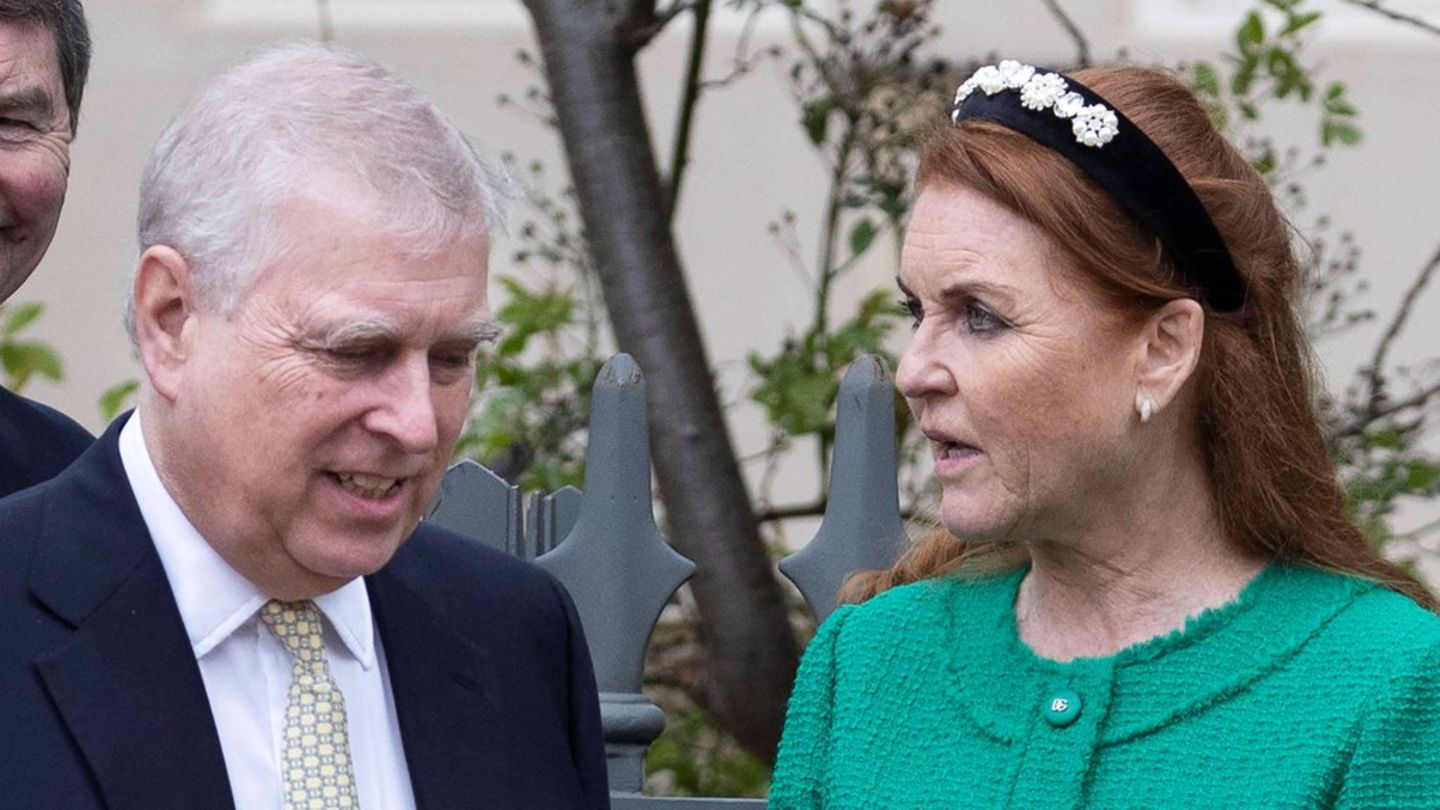I am an author and journalist who has worked in the entertainment industry for over a decade. I currently work as a news editor at a major news website, and my focus is on covering the latest trends in entertainment. I also write occasional pieces for other outlets, and have authored two books about the entertainment industry.
Menu
Lina Larissa Strahl: This topic is a matter close to my heart
Categories
Most Read
Limp Bizkit: Bassist Sam Rivers dies at the age of 48
October 19, 2025
No Comments
Limp Bizkit: Bassist Sam Rivers dies unexpectedly
October 19, 2025
No Comments
Rock icon: Why the Queen guitarist constantly loses his temper
October 19, 2025
No Comments
Plan a trip abroad in 2026: the secret to saving dollars and living your dream vacation
October 18, 2025
No Comments
Maite Kelly surprises with a revealing song at “Schlagerboom 2025”.
October 18, 2025
No Comments
Latest Posts

Economist warns of real wage increases at the expense of competitiveness
October 19, 2025
No Comments
According to data from the European Central Bank, negotiated real wages in this country have increased by around 0.6 percent since December 2021. Carmen Treml,

Prince Andrew: celebration for Sarah Ferguson canceled
October 19, 2025
No Comments
Lisa HarrisI am an author and journalist who has worked in the entertainment industry for over a decade. I currently work as a news editor

“No Kings” demos against Donald Trump: The protest was so colorful
October 19, 2025
No Comments
IvanI have been working in the news industry for over 6 years, first as a reporter and now as an editor. I have covered politics
24 Hours Worlds is a comprehensive source of instant world current affairs, offering up-to-the-minute coverage of breaking news and events from around the globe. With a team of experienced journalists and experts on hand 24/7.

